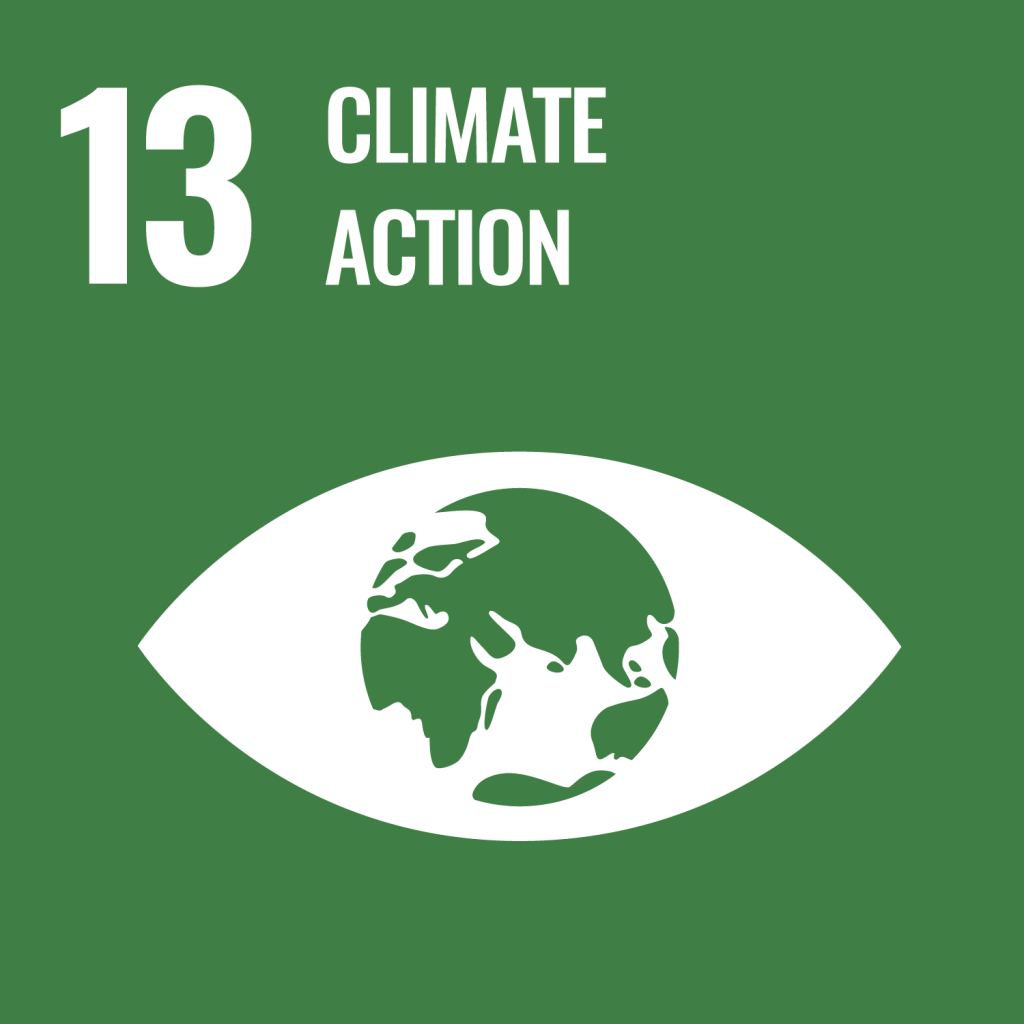Universities can combat climate change by partnering with local entities and offering community warnings. They should provide climate education and adopt carbon-neutral policies, tracking their annual carbon usage to reduce their footprint.

Low carbon energy use is integral to SDG 13, “Climate Action,” focusing on reducing greenhouse gas emissions through sustainable energy sources. This involves transitioning from fossil fuels to renewable energies like solar, wind, and hydro power. Such a shift mitigates climate change impacts, lowers carbon footprints, and promotes environmental sustainability. Emphasizing low carbon energy is essential for meeting global climate targets, fostering eco-friendly growth, and ensuring a sustainable, resilient future for all.
Environmental education measures, key for SDG 13 “Climate Action,” involve teaching individuals and communities about the impacts of climate change and ways to mitigate them. These measures include developing curricula on sustainable practices, promoting awareness about carbon footprints, and encouraging actions like recycling and energy conservation. This education empowers people to make informed decisions, fostering a culture of environmental stewardship and proactive engagement in climate action, essential for addressing global warming and environmental challenges.